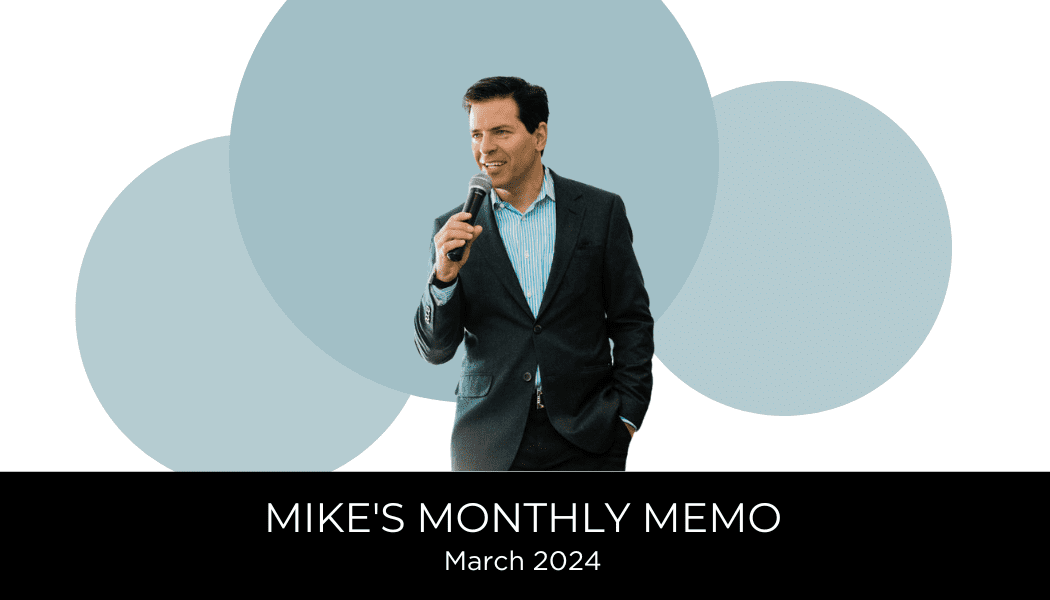
The possibility of higher interest rates in Canada has worried some—mainly as a result of ballooning national household debt—but one of the country’s biggest banks suggests the Bank of Canada’s recent hike isn’t a cause for concern.
“This is no longer an emergency or recession but we still have emergency rates. This is 2017. Not 2009 or even 2014,” writes Derek Holt, Scotiabank’s VP and head of Capital Markets Economics, in a note titled “Top 10 Reasons Canada Can Take BoC Hikes.”
Until this month, the Bank of Canada hadn’t increased its overnight rate, which affects mortgage rates, in seven years. In 2015, it cut the rate twice to counteract the effects lower oil prices were having on the Canadian economy. That pegged the rate at a historically low 0.5 per cent.
But Holt goes so far as to say that the Bank of Canada shouldn’t have even cut rates in 2015 at all. “Cutting pandered to the hewers of wood and drawers of water stereotype that plagues Canada internationally and tried to use rates as an offset to a transitory terms of trade shock while simply inflating housing,” he writes.
Ahead of the central bank’s recent hike, which was predicted by all of Canada’s Big Six banks including Scotiabank, even comments from Bank of Canada governor Stephen Poloz suggested the low overnight rate wasn’t necessary, at least not anymore. “It does look as though those cuts have done their job,” said Poloz in June.
In fact, last month, 45,000 Canadian jobs were added as the unemployment rate sunk to 6.5 per cent, according to Statistics Canada’s latest Labour Force Survey. Many saw this as yet another sign that, as Poloz suggests, the Canadian economy is well on the road to recovery.
And while housing has accounted for an increasingly large share of Canada’s GDP in recent years, Scotiabank says the market (as well as exports, consumers, and investment) can “take” an environment of higher rates. A positive is that the rates are expected to improve affordability in Toronto, Scotiabank suggests.
Meantime, developments that some had feared as a result of President Trump—the cancelling of NAFTA or hefty border levies—have not played out. “Downbeat risks are generally not being realized,” writes Holt.




